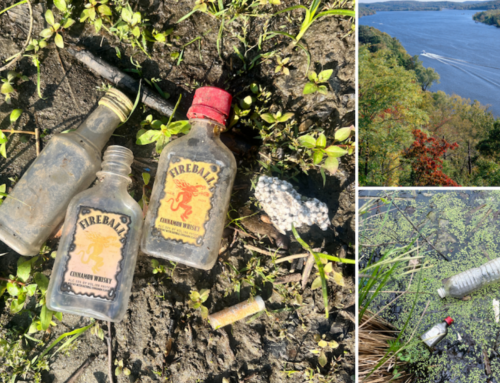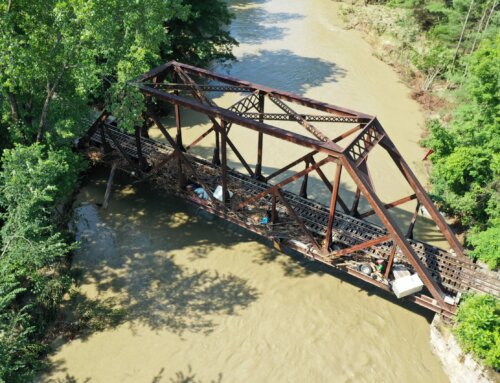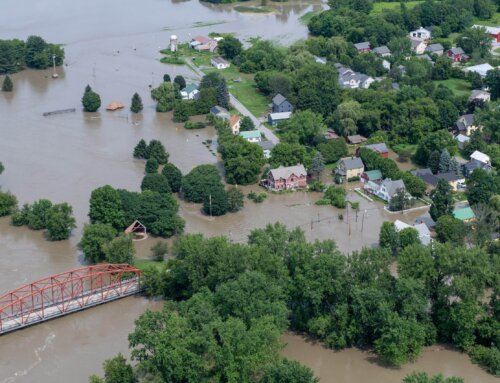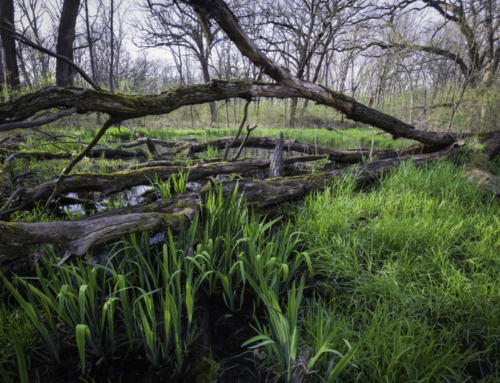February 21, 2014
Dear MassDEP wetlands staff,
On behalf of the Connecticut River Watershed Council (CRC), I am submitting comments on the proposed wetland regulation changes related to Severe Emergency Declarations. CRC is the principal nonprofit environmental advocate for the protection, restoration, and sustainable use of the Connecticut River and its watershed. In 2011, during Tropical Storm Irene, several tributaries in our watershed experienced record flooding. DEP issued emergency regulations that contributed to a regulatory free-for-all such that many rivers were dredged, straightened, and bermed in the aftermath of this storm. CRC intervened in an appeal to a MassDEP enforcement order issued for work done on the Chickley River in Hawley. We are obviously interested in avoiding a repeat of those unfortunate events.
The draft changes appear to eliminate the need for temporary regulations as were issued in the past, and instead substitutes the notion of a “Severe Weather Emergency Declaration.” These declarations will, according to new part 10.06(8), lay out specifically what kinds of activities can get by with no filing of a Notice of Intent (NOI). The strength or weakness of the draft changes will be in the wording of each declaration. Other than an outline for what will be in the declarations, the contents of Severe Weather Emergency Declarations are vague. The regulations should be more specific about the resource protection and restoration requirements that must be in the Commissioner’s declarations. It should specifically say that operation of heavy equipment in wetlands should be strictly limited to what is necessary to protect the public health and safety, and reasonable restoration should be required.
The draft changes to 310 CMR 10.06(8) say that Emergency Declarations will describe, “c) any notification or reporting requirements.” The word “any” should be deleted. There should always be some kind of notification requirements so that there is documentation of the kind of work intended. If the work ends up differing from that which was reported on (as in the Chickley River case), the DEP will have more legal authority to take enforcement action(s).
The proposed definition of “Severe Weather Emergency Declaration” in 310 CMR 10.04 says the declaration will be issued “following a severe weather event.” I hope MassDEP holds to this definition that the declaration happens shortly after the severe weather event. The temporary regulations for Hurricanes Irene and Sandy were issued on August 26, 2011 and November 26, 2012, respectively, both a couple of days before the storm reached Massachusetts. There is no need to issue a state-wide declaration when a regional one will suffice, and this can only be determined after weather event has taken place.
Thank you for the opportunity to provide comments.
Sincerely,
Andrea F. Donlon
River Steward







